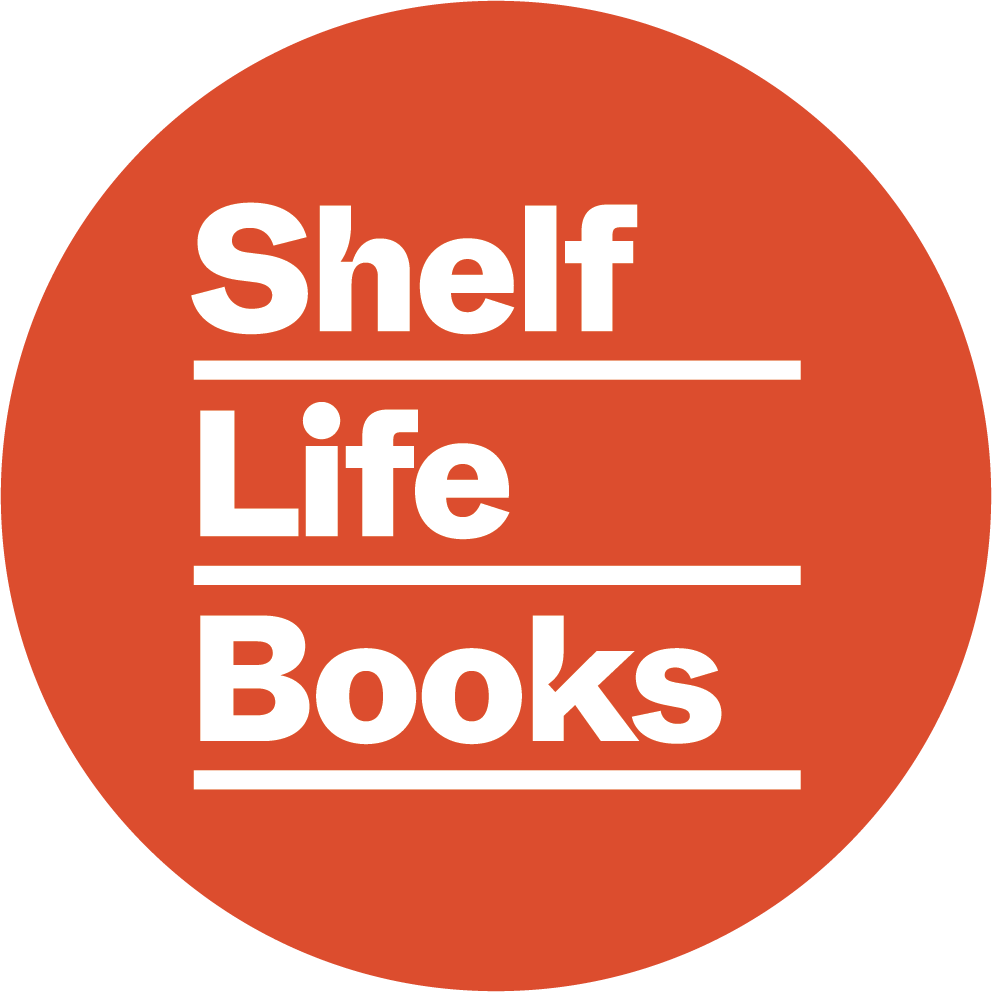On July 25th, the Globe and Mail published an opinion piece by Kenneth Whyte called “Overdue.”
Here’s my response:
Taras Grescoe has reacted to Kenneth Whyte’s “screed” against libraries by saying that Whyte “knows the price of everything and the value of nothing.”
Well, maybe. Grescoe goes on to say that he, for one, has never resented libraries. That’s true for me as well; I believe that the social good that libraries do far outweighs any damage they might do to the incomes of writers. And I certainly question Whyte’s ranting about how unfair it is that librarians earn more money than writers do. This is a spurious comparison. The two jobs are completely different, and besides, I know several librarians who are also very fine writers—Rosemary Griebel and Emily Ursuliak come to mind. And yes, most writers don’t make very much money from their writing. But there are very few of us, on the literary end of things at least, for whom money is the primary motivation for doing the work. (I am aware that things are different for journalists and nonfiction writers.)
That said, when I was in grad school, I had a simple formula: I would gladly buy copy of a book by any writer who needed the money (first time authors, most Canadians, all poets) but I would just as happily borrow from the library a book by an author who didn’t need the money (deceased or bestseller, generally). Because I was a literature student at the time, specializing in Canadian Lit, I had a pretty good idea of who needed my hard-earned cash and who didn’t. However, I realize that this method probably wouldn’t work that well for most people.
When I left the university and opened a bookstore, I continued to use the public library despite now being able to purchase books at cost. When someone questioned me about this, I replied, “Well, there are some books that I want to own and others that I just want to read”. It’s a reasonable distinction, in my view, and not only for a person in her sunset years who is trying to downsize.
To my mind, Whyte’s article errs in seeing writing and publishing only through an economic lens. And it irks me that he mentions only in passing that “Looser copyright laws have hurt sales to educational markets” without acknowledging the huge resources invested by the Writer’s Union of Canada and Access Copyright in winning fair payment for authors from educational institutions. Presumably these organizations see more to be gained for authors that way than in badmouthing libraries. If anybody knows what writers need most, I would expect it would be the Writers Union and Access Copyright.
Whyte might have a valid point about the fact that the historical value of libraries as a place providing edification and education to the masses is somewhat less true now. However, when libraries provide bestsellers by Tom Clancy and John Grisham at no charge to readers, I say all power to them. These guys don’t need the money.
I also admit that I do see some merit in Whyte’s idea that “adults should pay for the right to borrow books for entertainment – something in the range of a Netflix fee” while “those below a certain income level could be exempted from the charge”. I know that I felt a little uneasy when Calgary’s fabulous new library announced free membership for all.
Shouldn’t those who can afford to pay be asked to do so?
However, Whyte’s article would have benefitted from reference to the recent More Canada report on Independent Bookstores post-Covid, which suggests among other things that libraries in English Canada be required to purchase all Canadian book titles from independent bookstores, as is currently mandated in Quebec. That alone would give a huge boost to writers (and booksellers and publishers) across the country.
In fact, the More Canada report concludes that “Together, a public library branch and an independent bookstore will support and sustain higher levels of discovery and reading than either would generate on their own. Both have a common goal of book reading. Both share a commitment to the cultural goal of Canadians reading Canadian.”
In short, I don’t agree with Whyte that libraries are the Bad Guy here. Universities who refuse to pay fair use fees pose a far bigger threat, and don’t get me started on Amazon and big box chains: both make life difficult for Canadian authors, publishers and independent booksellers. As the More Canada report points out, independent bookstores do the lion’s share of selling titles by Canadian authors and increasing sales for Canadian small presses.
The problem of falling incomes for writers is complex and multi-faceted, and it requires more than high dudgeon and finger-pointing to resolve.
Link to the original article can be found here.
– JoAnn

